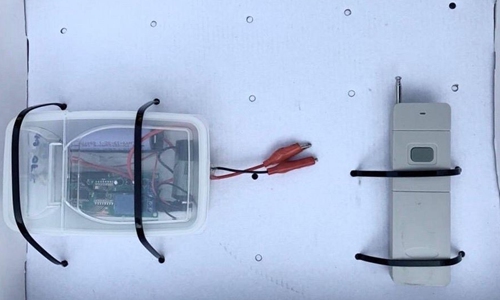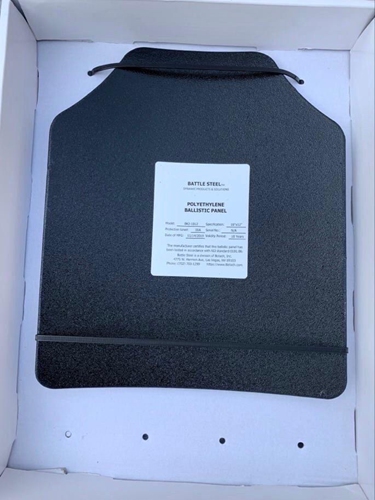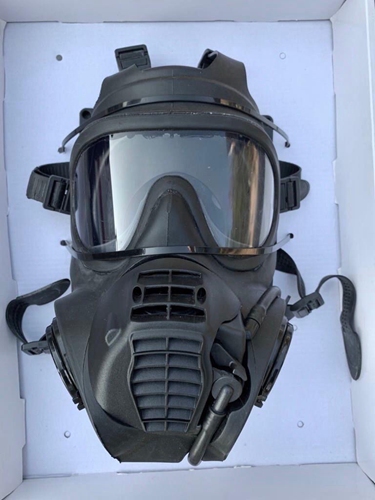HOME >> CHINA,SPECIAL-COVERAGE
More explosives found in Hong Kong, residents' safety under threat
Source:Xinhua Published: 2019/12/15 10:22:49

The Hong Kong police show an explosive device seized after three people are arrested suspected of testing explosives with remote controls in Tuen Mun, Dec. 14, 2019. (Xinhua)
The Hong Kong police on Saturday arrested three people suspected of testing explosives with remote controls in a operation in an out-of-the way place in Tuen Mun.
From bricks, petrol bombs to semi-automatic pistol and remote-controlled bombs with sharp nails, rioters are upgrading their weapons, posing severe threat to social security and putting residents' life in danger.
"The escalation of violence not only poses a threat to law enforcement personnel, but also causes great harm to Hong Kong residents," said Po Chun-chung, chairman of "Defend Hong Kong Campaign."
This is not the first time that explosives were found in Hong Kong. Two home-made bombs containing a large quantity of ammonium nitrate and many sharp nails were found on Dec. 9 in Wah Yan College, a secondary school in Wan Chai.

The Hong Kong police show a body armor seized after three people are arrested suspected of testing explosives with remote controls in Tuen Mun, Dec. 14, 2019. (Xinhua)
The Explosive Ordnance Disposal Bureau (EOD) estimated that the two bombs were capable of causing casualties in a range of up to 50 to 100 meters in the surrounding area. Based on the current findings from intelligence gathering and investigation, the police suspected that the discovery of the bombs is not a single case and some criminals are planning to cause casualties in the community with firearms and explosives.
In an operation on Dec. 8, the police seized a semi-automatic pistol and over 100 bullets suspected to be used by radicals in a demonstration. The police is now tracing the source of the ammunition and the concerned criminal group.
During the past six months, rioters have been upgrading their weapons. They took university campuses to make weapons, including fire bombs, slings and gas cylinder bombs.
On Nov. 28, the police found 3,801 petrol bombs, 921 petrol tanks and 558 bottles of chemicals, including strong acids, strong alkalis and other highly corrosive substances in Hong Kong Polytechnic University.
The rioters have been using bricks and petrol bombs to hurt police and residents, but the newly found firearms and explosives have shown the escalation of their violence. This kind of extreme violence is no different from terrorist activities, said Po.

The Hong Kong police show a gas mask seized after three people are arrested suspected of testing explosives with remote controls in Tuen Mun, Dec. 14, 2019. (Xinhua)
During the past six months, rioters have thrown thousands of petrol bombs in over 100 violent clashes. The burning of those bombs released a large amount of dioxins and cyanide which are toxic and carcinogenic, jeopardizing the health of Hong Kong residents.
According to the World Health Organization, dioxins are highly toxic and can cause reproductive and developmental problems, damage the immune system, interfere with hormones and also cause cancer.
Wong Tze-wai, an environmental epidemiologist and a professor at the Chinese University of Hong Kong, warned that dioxins' half-life in the body is estimated to last seven to 11 years. Once dioxins enter the body, they last a long time because of their chemical stability and their ability to be absorbed by fat tissue.
Po Chun-chung said that Hong Kong residents aspire to have a safe place to live in and to enjoy prosperous economic development. "Hong Kong residents, cooperate with the police and fight against violence."
Posted in: HK/MACAO/TAIWAN,FOCUS NEWS